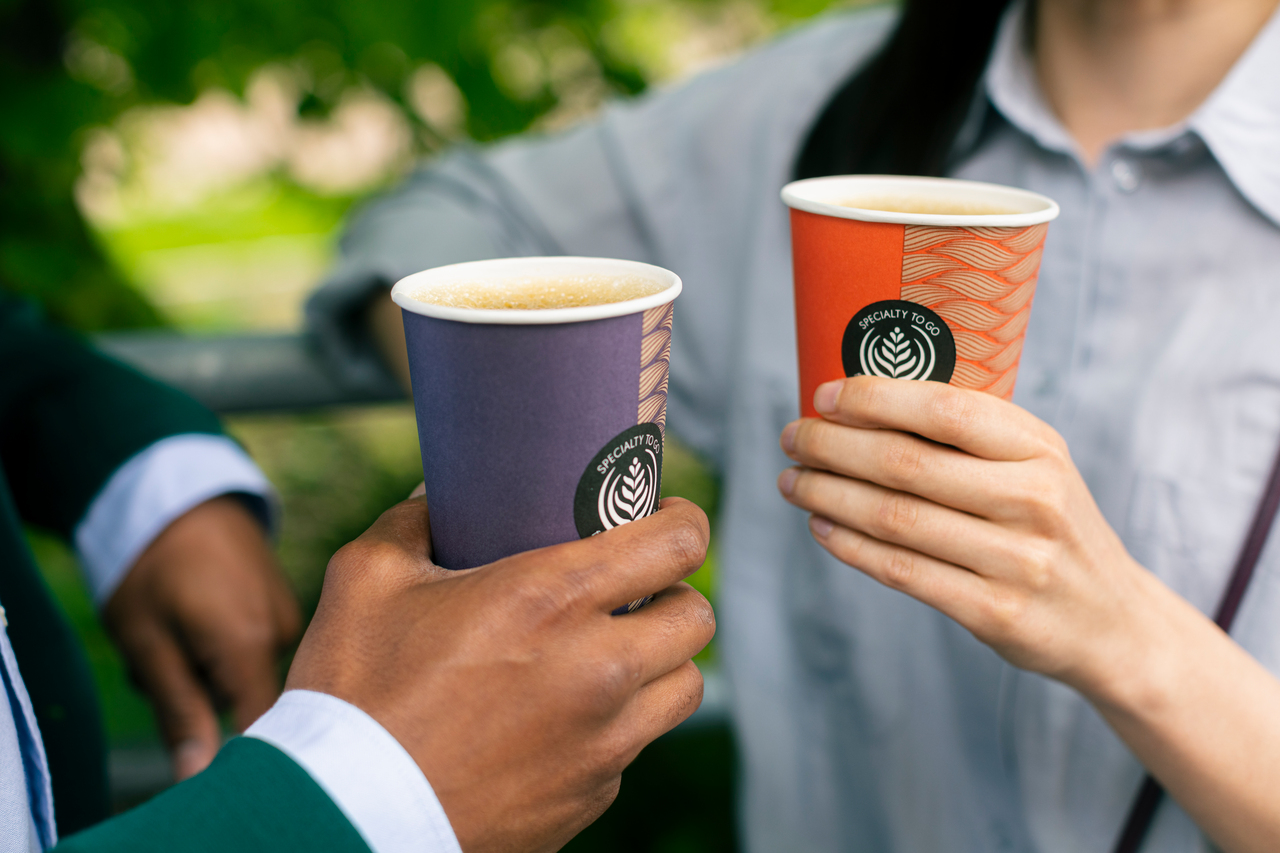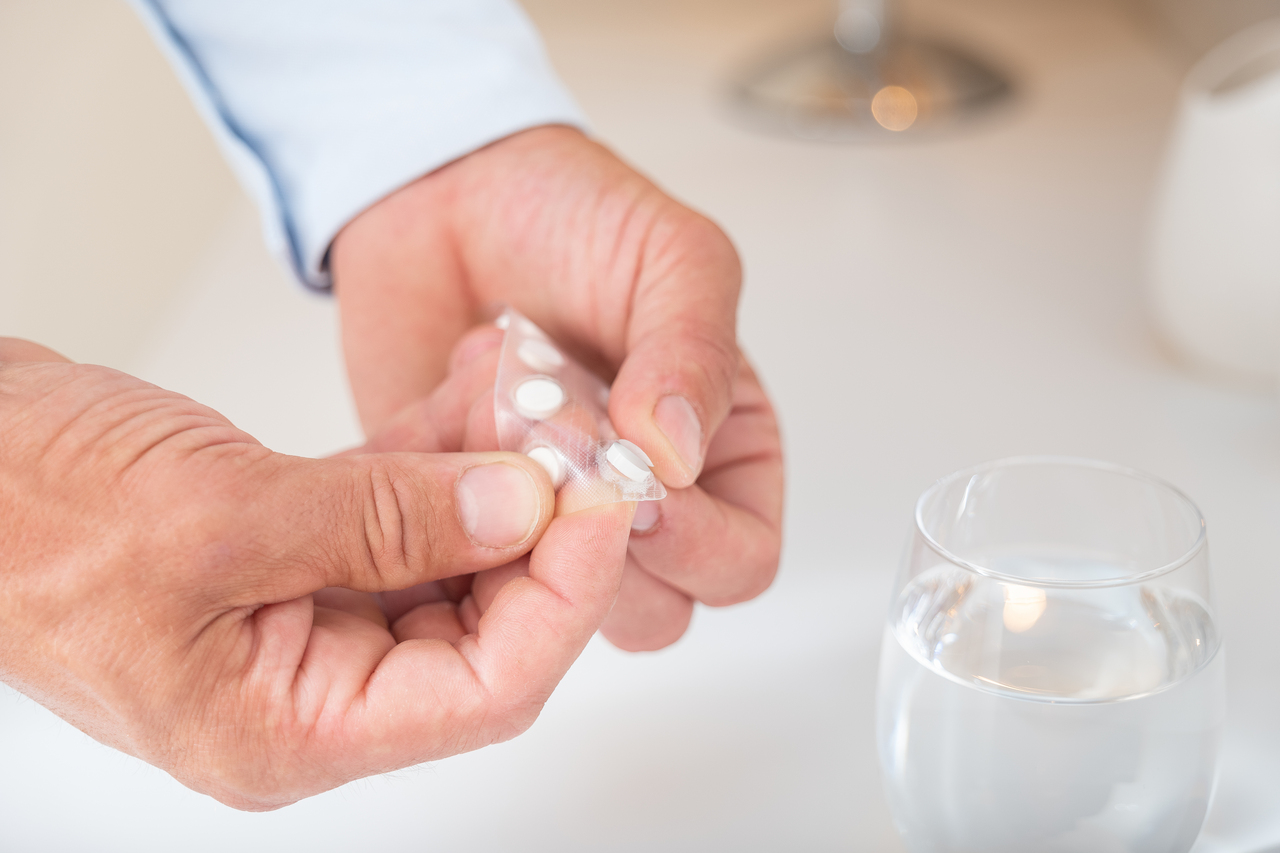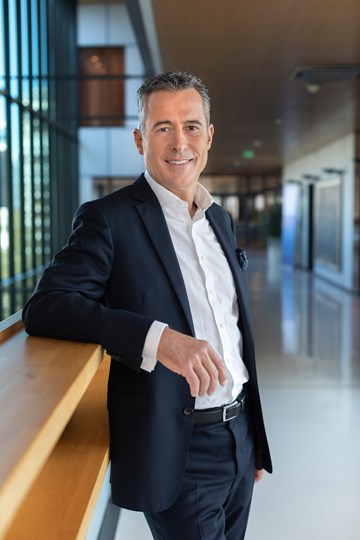Innovation and collaboration drive the future of circular packaging
Packaging has a crucial role in ensuring that everyone has access to safe, hygienic, and affordable food, everywhere. Fit-for-purpose packaging solutions can help cut carbon emissions by reducing food waste in the value chain from farm to fork. A future without packaging is neither desirable nor realistic. Having said that, we need to focus on making packaging smarter and more sustainable.

Huhtamaki is a global market and innovation leader in packaging for food and everyday necessities. By combining our expertise with cutting edge technology, we are striving to minimize material use and make our packaging solutions fully recyclable, compostable, or reusable. Consumers and our customers expect us to conduct our business sustainably – increasing circularity in the packaging value chain is necessary for the future of our planet, requiring systemic changes and innovation together with our customers and partners.
Simplifying material structures to boost recyclability
While much of Huhtamaki’s packaging portfolio can already be recycled, we have recently made game-changing progress in areas that have earlier been considered technically challenging in this regard. This year, we launched ground-breaking mono-material technologies in lightweight flexible packaging, which has typically not been easily recyclable in the post-consumer recovery stream due to complex material structures. By using our global scientific expertise, we have been able to develop solutions that are designed for recycling and use fewer materials than the conventional multi-layered packaging, yet without compromising on protecting the package contents and food safety.

Similar breakthroughs include our ICON® recyclable ice cream containers, as well as our recyclable push tab blister lid for medicine and pharma products completely free of aluminum and hard PVC plastic. These concrete innovations are steps in the right direction towards a sustainable future. However, we know that innovating and manufacturing recyclable products represents only a first step on the journey.
While we have the technology and capabilities in place to make packaging circular, recycling rates across the globe remain too low. There are shortcomings in the systems for collection, sorting, and recycling of packaging materials. In many countries, these infrastructures are outdated or may not yet even exist. Consumers may lack information on correct disposal for different types of waste.
To solve these critical issues and achieve an effective circular economy, we need to work with a systemic approach. We must collectively build functioning systems promoting the use of renewable or recycled content in packaging and secure appropriate end-of-life treatment by means of recycling or composting. These solutions need to be scalable and appropriate to local conditions, as one size does not fit all. What delivers the best environmental outcome in Europe, for example, may not result in the most sustainable outcome in other geographies depending on local factors.
Partnering across the value chain to drive a systemic change
Collaboration across the value chain, from consumer goods companies to packaging raw material suppliers and packaging manufacturers to waste management, is fundamental to develop and accelerate adoption of recycling solutions. In 2022, we joined forces with paper and pulp company Stora Enso to launch a paper cup recycling initiative, The Cup Collective. The program aims to recycle and capture the value of used paper cups at an industrial scale, setting new standards for paper cup collection and recycling in Europe. We have issued an open invitation for partners from across the value chain to get involved in working towards a systemic solution. In December 2023, we bring the Cup Collective to COP28 in Dubai by introducing collection and recycling of paper cups used at the Finland pavilion.
To encourage business-driven innovation we also need enabling regulation, which motivates everyone in society to play their full part – innovate for circularity, promote renewable sources and recycling, help develop collection and recycling infrastructures, invest in education, and behave responsibly.
Real change requires collective action, and our position is very clear – waste is a valuable secondary material. We believe in prioritizing renewable resources, building infrastructures for collection and recycling, innovating to unlock sustainability, and promoting incentivization and partnership to turn innovations into applications in daily life. We will continue to work collectively across our value chain to deliver systemic change and develop packaging solutions with a net positive impact. By making sure that no valuable materials go to waste, we maximize their value to both people and the planet.
Join our panel discussion about the future of packaging in the Finnish pavilion on December 3 at 15.00 GMT +4. The discussion will be streamed on Business Finland’s website.
